'World Of Warcraft' Movie Trailer To Debut At San Diego Comic Con 2015! Director Duncan Jones Hints A Possible Trilogy!
Finally! The highly anticipate trailer to the movie adaptation of the hit game "World of Warcraft" is expected to debut at San Diego Comic Con 2015.
According to Entertainment Weekly, Legendary Pictures is set to present the upcoming movie during their panel in Hall H scheduled on July 11.
'Warcraft,' Saturday, July 11
The fantasy epic from director Duncan Jones (Moon) and starring Travis Fimmel, Paula Patton, Toby Kebbell, and Dominic Cooper is set for its big public unveiling in Hall H during the Legendary panel, which also includes Crimson Peak and Krampus. Expect incredible creature effects from ILM.
"World of Warcraft" movie will not be shown in theaters until next year, however there are already rumblings claiming that a follow up is already in talks.
While the fantasy war themed movie has yet to be released, director Duncan Jones has already hinted a possibility of a trilogy.
In a previous interview with 2p Jones revealed that his making the movie in a way that it will "establish" the characters and the story in line for a possible sequel or even a trilogy.
"Peter Jackson did a magnificent job of setting the table: for Tolkein's universe with his first Lord of the Rings film," he explained when asked if "World of Warcraft" movie will be a trilogy. "I know that my job in this first film is to establish certain characters, places and culture while telling a story that a broad audience can be excited by!"
Adding, "Hopefully, if I have done my job right, people will want to know and see more! There is certainly plenty more to tell! I would love to be part of that process of expanding on the lore that makes up Warcraft, but it will all depend on what you, the audience, think of our first film!"
"World of Warcraft" movie trailer will be posted here soon!
The movie is set to be released in theaters on June 10, 2016 with Travis Fimmel heading the cast together with Ben Foster, Paula Patton, Toby Kebbell, Rob Kazinsky, Dominic Cooper, Daniel Wu and Clancy Brown.
Kapp accepts that players are bound by implicit rules governing acceptable behaviour, creating a kind of social contract. Nevertheless, as he admits, these are more about protocol than ethics.
Another key difference between games and the real world is the way we identify objectives. This becomes more marked as we move up the management chain, where new goals are constantly being set, changing according to the environment, and sometimes radically so. What sets good directors apart from their peers is their ability to think on their feet, to change their objectives as they receive and process new information. In real life, we work on an ongoing basis, targets are moving and shifting all the time, and so we need to be constantly recalibrating. In short, the unavoidable uncertainty that characterizes real life is largely absent in most games, although it must be said that some designers have recognised this and tried to incorporate random factors that can suddenly change situations, requiring players to establish new objectives. And then of course there is the question of the immediate rewards games offer, a practice that we can safely say tends not to happen in real life, and that in my opinion is largely how it should be. We do not want directors to be constantly looking for rewards simply for doing their job; this creates false expectations, and could even discourage people if they don't get what they see as their deserved recognition. Executives are not performing seals, to be thrown fish when they get something right. Directors must develop the self-resilience that will allow them to carry out long-term missions that will likely only yield criticism and problems along the way.
But our wargaming trio's article in The Harvard Business Review insists we can learn from the incentives and prizes proffered by the gaming world, and what's more, we might want to think about dropping practices such as annual performance reviews, bonuses, and salary increases, and instead start rewarding directors immediately.
Finally, the other unavoidable reality setting games and real life apart is time. Games begin and end, but a director's work is never really done, it is an ongoing process, even when a position or project has a limited mandate. Players would take a very different approach to games if they knew there was no end or there were any number of outcomes. In games where there is no real time frame, players soon realize that collaboration rather than competition is the way to survive. The same thing happens in companies, where stakeholders, even competitors, will work together if they want to sustain a given situation.
In Politics, Aristotle writes, "Obviously, youths are not to be instructed with a view to their amusement, for learning is no amusement, but is accompanied with pain". (6) The philosopher's comment is an attempt to justify teaching music to children, not on the grounds of any utility, in order to practice a profession --except in the case of musicians--but for its contribution to the development of their character and to enable them to enjoy their free time so much the better.
is safest shop to buy wow gold, fifa coins, runescape gold, swtor credits & other mmo gold.
100% safe, lowest price, fastest delivery, best after-sale service.
WOW Gold Promotion- 5% Off Code: CUSHYGAME- For All WOW US Gold and WOW EU Gold


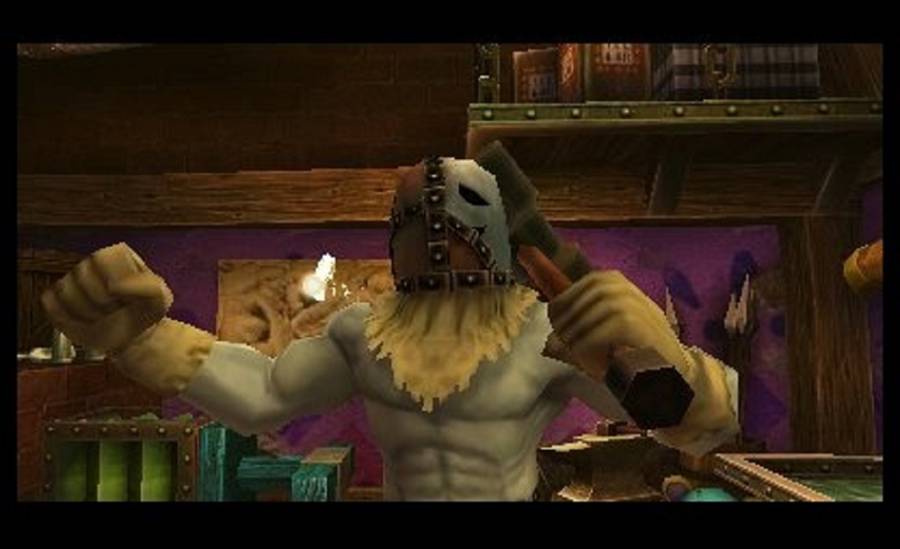
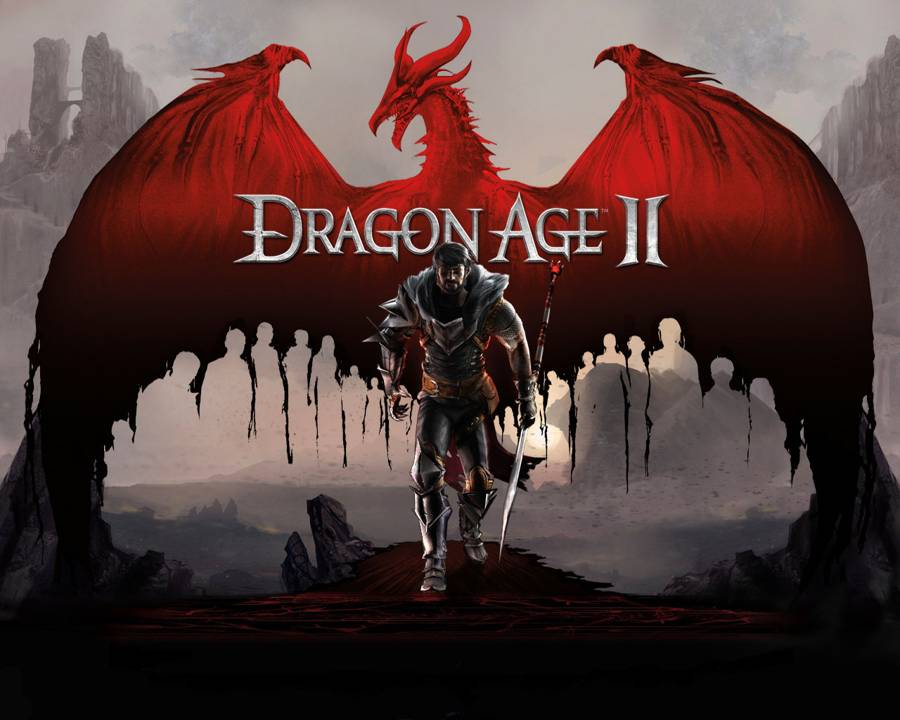
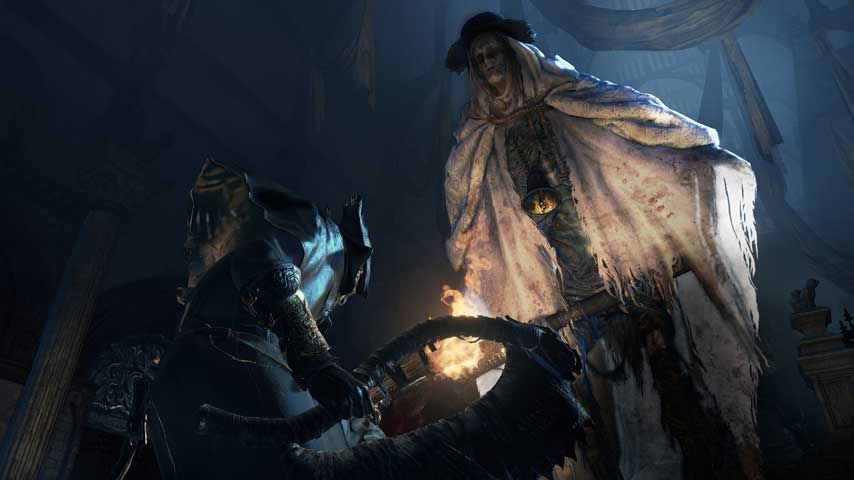
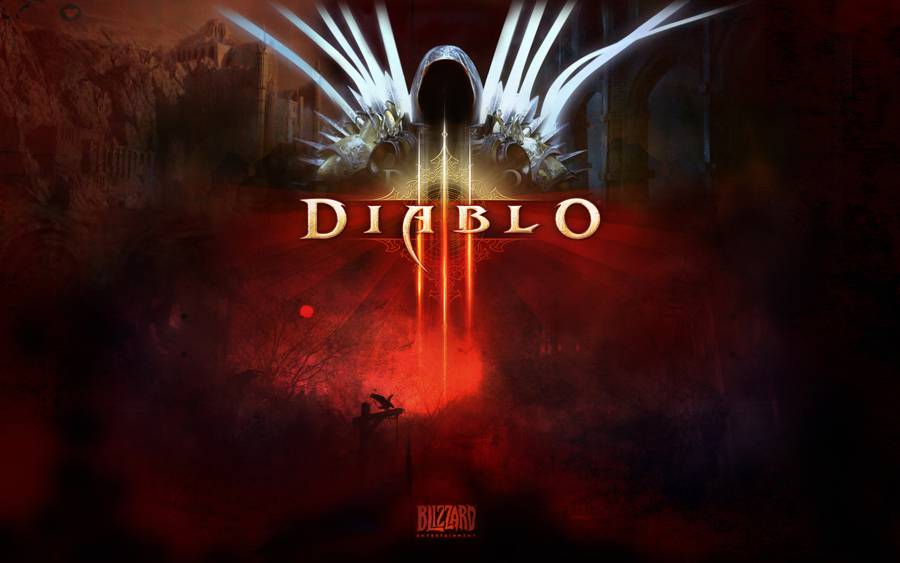
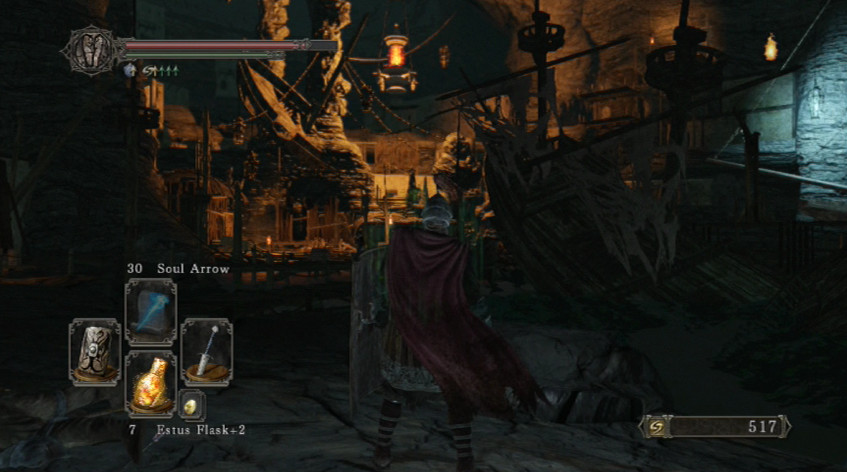 Dark Souls 2 Walkthrough Part 10: The Gutter
Dark Souls 2 Walkthrough Part 10: The Gutter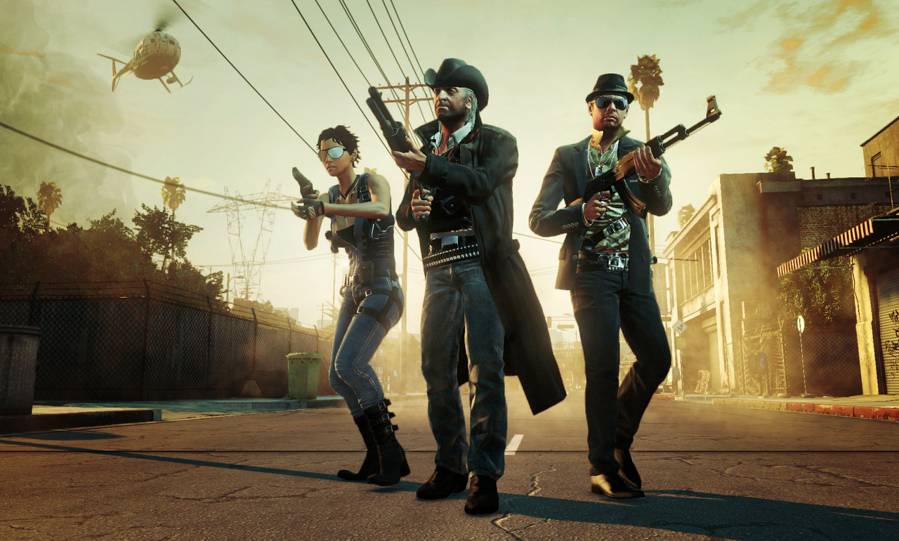 Call Of Juarez The Cartel Special Item Location Chapter 12
Call Of Juarez The Cartel Special Item Location Chapter 12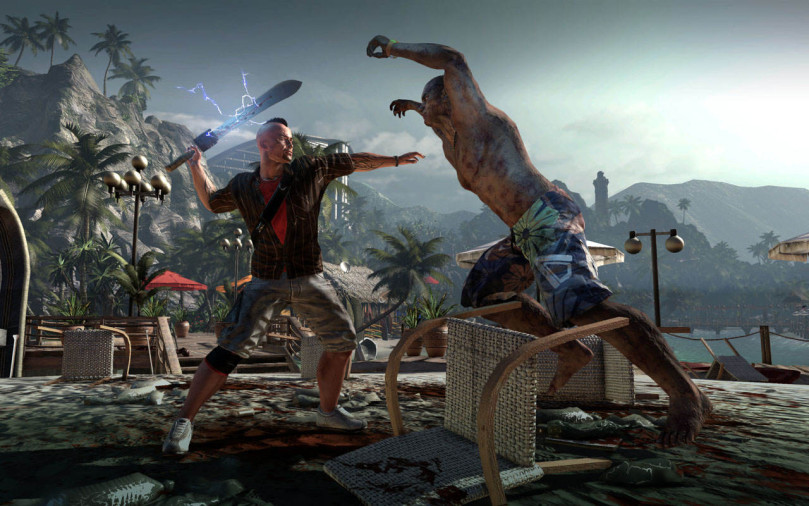 Dead Island Chapter 2 Walkthrough Guide
Dead Island Chapter 2 Walkthrough Guide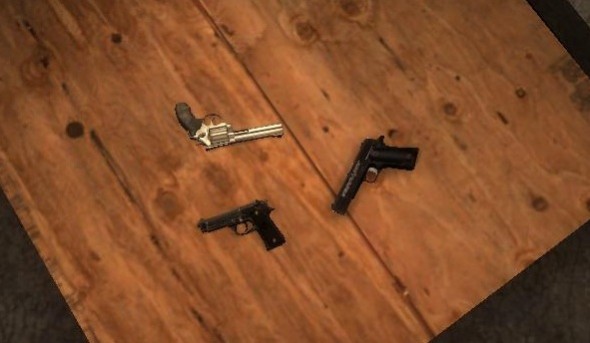 No More Room in Hell. Handguns.. - AlterGamer
No More Room in Hell. Handguns.. - AlterGamer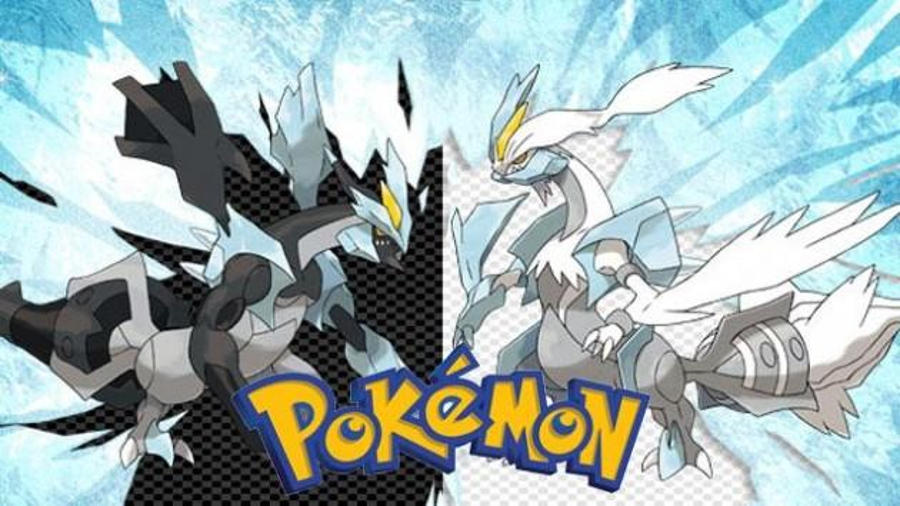 Pokemon Black 2 & White 2 Guide: Castelia City Gym Guide
Pokemon Black 2 & White 2 Guide: Castelia City Gym Guide